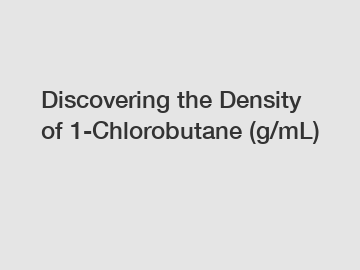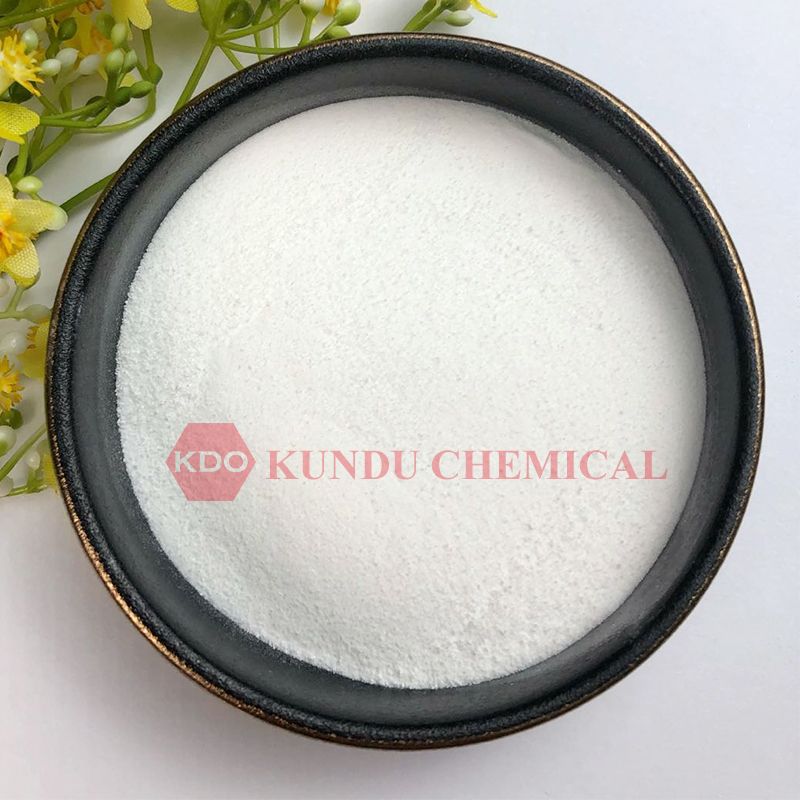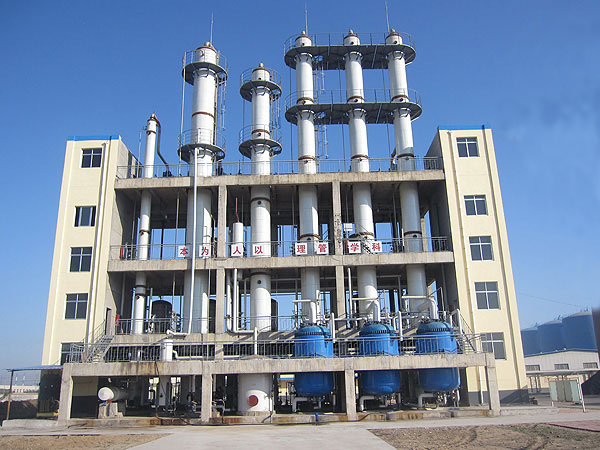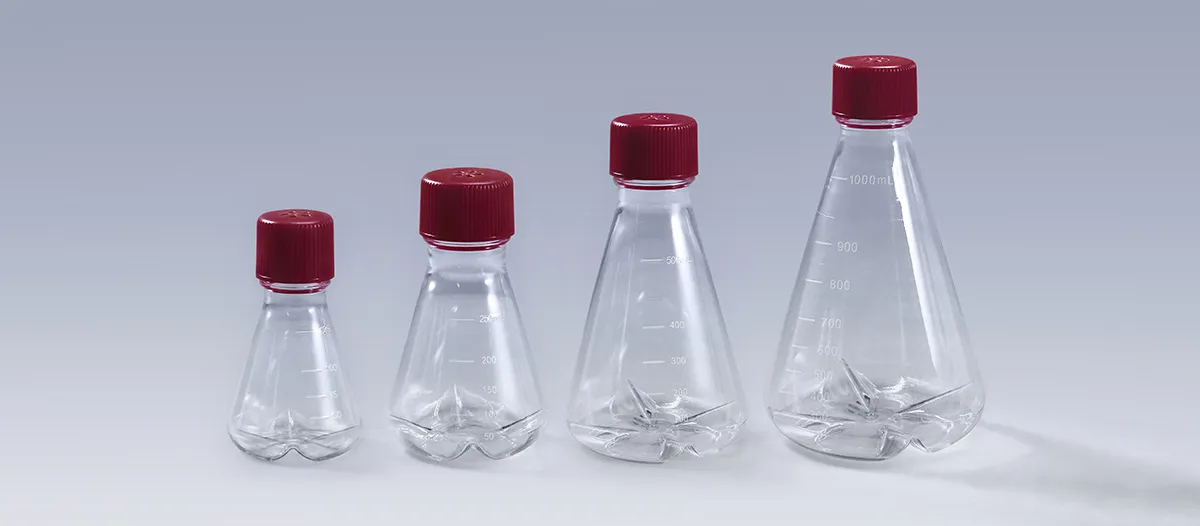What is hydroxyethyl cellulose used for?
Hydroxyethyl cellulose (HEC) is a versatile polymer derived from cellulose, a natural polymer found in plants. HEC is chemically modified to introduce hydroxyethyl groups into the cellulose structure. This modification imparts specific properties to HEC, making it valuable for various industrial and commercial applications. Here are some common uses of hydroxyethyl cellulose:
Pharmaceuticals: HEC is used in the pharmaceutical industry as a thickening and gelling agent in oral and topical formulations. It can improve the consistency and stability of liquid medications, ointments, and creams. It is also used in controlled-release drug delivery systems.
Personal Care Products: HEC is a common ingredient in personal care and cosmetic products. It is used in shampoos, conditioners, lotions, creams, and other products as a thickener, stabilizer, and texturizing agent. It helps create desirable product textures and enhances the overall consumer experience.
Paints and Coatings: In the paint and coatings industry, HEC is used as a thickener, rheology modifier, and stabilizer. It helps maintain the proper viscosity of paints, preventing sagging or dripping during application. It also improves the texture and flow properties of paints and coatings.
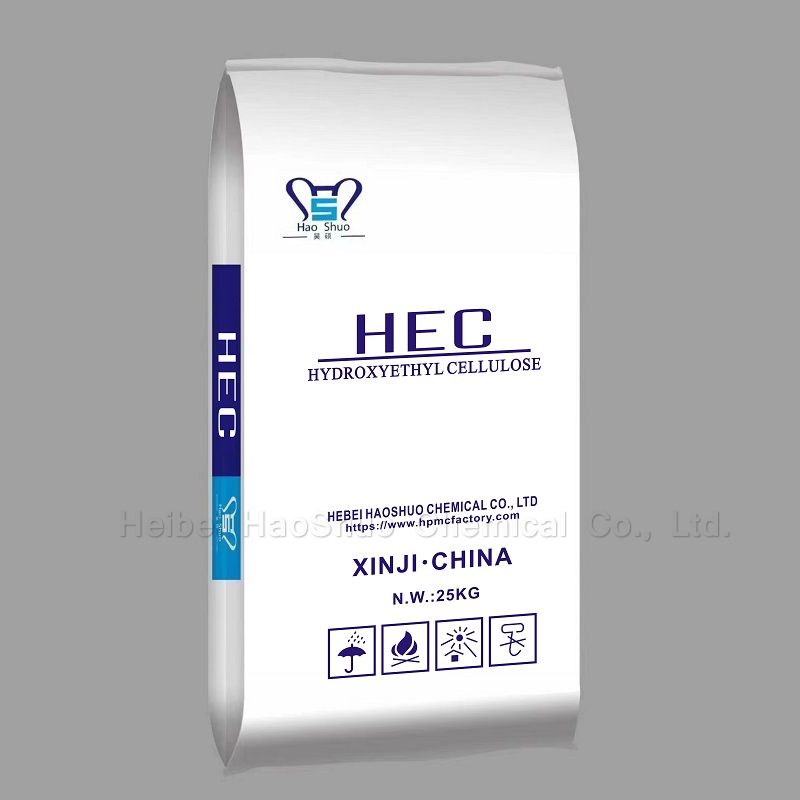
Construction: Hydroxyethyl cellulose is used in the construction industry as a water retention agent and thickening agent in cement-based products like mortar, grout, and tile adhesives. It improves workability, reduces water loss during curing, and enhances adhesion.
Oil and Gas: In the oil and gas sector, HEC is used as a drilling fluid additive to control viscosity and filtration rates. It helps maintain wellbore stability and prevents fluid loss during drilling operations.
Adhesives: HEC is used in various adhesive formulations as a thickener and rheology modifier. It is commonly found in adhesives used for bonding paper, cardboard, and textiles.
Explore more:Which is the best supplier for affordable styrene butadiene latex?
What is Styrene Acrylic Emulsion used for?
Revolutionizing Cancer Treatment: Unveiling the Promising Applications of PROTACs
What is cold applied tape?
SEVOFLURANE: UNVEILING ITS ROLE IN ANESTHESIA AND BEYOND
What is the spray adhesive used for embroidery?
What is the Sponge Spray Glue for Insulation Foam?
Food: While HEC is not a food ingredient itself, it is used in the food industry indirectly. It is employed in food packaging coatings to improve moisture resistance and in food processing as a thickener in certain applications.
Detergents: In the manufacturing of detergents and cleaning products, HEC can be used as a stabilizer and thickener to enhance the product's viscosity and stability.
Textiles: HEC can be used as a sizing agent in the textile industry to improve the quality and appearance of fabrics. It aids in controlling the application of dyes and finishes.
Paper and Printing: In paper manufacturing, HEC can be used to enhance the quality of paper coatings and improve the consistency of printing inks.
It's important to note that the specific grade and formulation of hydroxyethyl cellulose can vary based on its intended application. Different grades of HEC are available with varying viscosities and other properties to suit the requirements of different industries and products.
More related articles:
What are the uses of methane gas?
What is diammonium phosphate used for?
Explore more:What are the advantages of biodegradable products?
Green Chemistry: Revolutionizing Chemical Products for Sustainability
Unveiling the Top Crude Phenol Producers
Revolutionary Chemical Products: Breaking News & Solutions for Top Google Queries!
What is Alkali-Resistant Fiberglass Mesh?
Unlock the Secrets: How Cellulose Ether Boosts Skincare Revolution?
Which 4kg Small Home Freeze Dryer Offers the Best Purchase Value?



